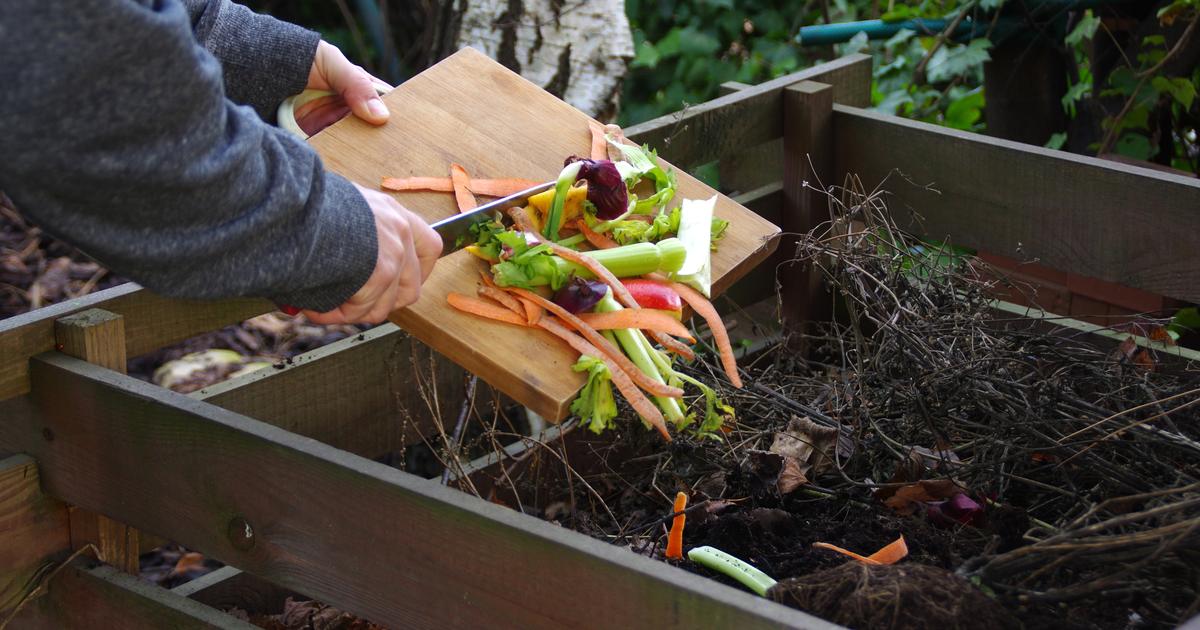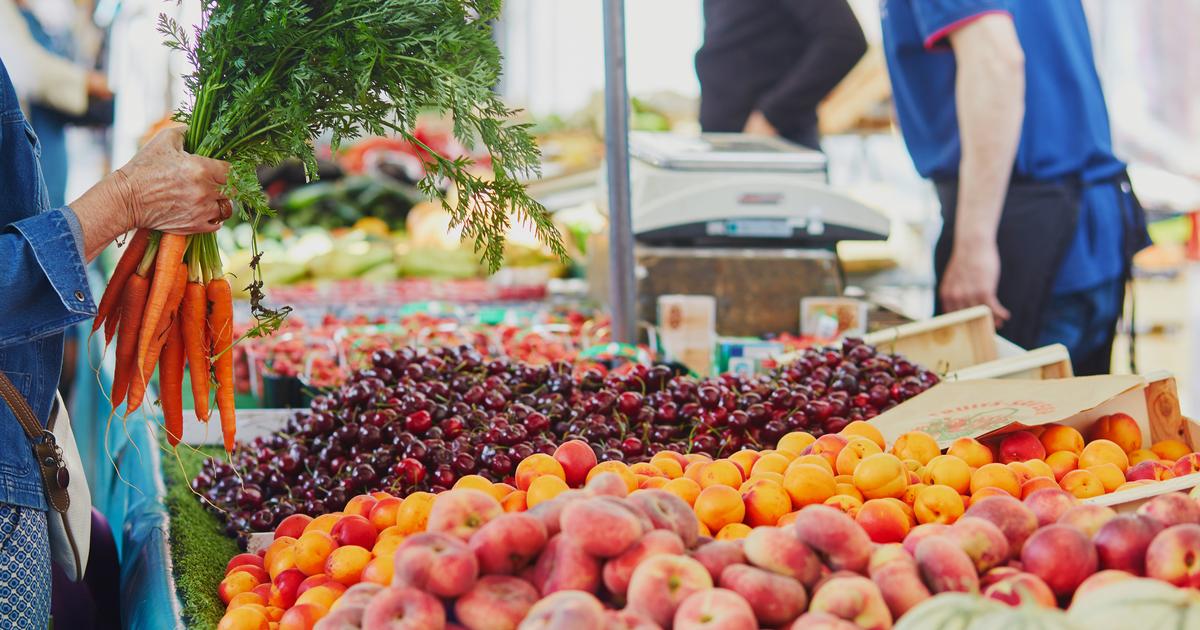Plastic materials, including those qualified as
“biodegradable”
or
“compostable”
, must be excluded from domestic and collective composters, recommends ANSES in an opinion issued on Tuesday 28 November.
Their total degradation
“is not guaranteed”
and they can therefore
“present a risk”
for populations or the environment, notes the National Agency for Food, Environmental and Occupational Health Safety.
More than one in three French people recycle their waste in domestic or collective composters (brown bins).
In addition to food waste, such as vegetable peelings, coffee grounds and tea bags, some people add plastic waste, in particular so-called "biodegradable" plastic bags (which degrade under the action of bio-organisms), "biosourced » (made from natural resources such as corn starch) or « compostable » (which degrade under specific conditions of temperature or humidity within a maximum of 6 to 12 months).
To read alsoHow to make a success of your compost?
But for all these plastic materials,
“it is not guaranteed”
that they
“degrade completely in domestic composters, especially since it is difficult to control the operating conditions”
, underlines ANSES.
When these composts are reused, for example in vegetable gardens, contamination of the environment and local crops cannot therefore be excluded.
"This contamination can come from the different constituents of materials" such as polymers, residual monomers, additives or organic fillers "presenting potential dangers both for human health and for the environment"
, underlines Stéphane Leconte, coordinator of the expertise at ANSES.
Composting food waste soon to be mandatory
The agency also recommends reviewing the regulations governing composting.
It should
“prohibit any allusion or even incitement to put plastic materials in a domestic compost”
and review the standards surrounding biodegradability with in particular more restrictive criteria, she believes.
ANSES was contacted by the General Directorate for Risk Prevention in the context of the law on the fight against waste of February 11, 2020, which called for a report on the health, environmental and societal impacts of biosourced plastics, biodegradable and compostable throughout their life cycle.
This same law will make it compulsory from 1 January 2024 to compost food waste, either by composting it yourself in gardens or kitchens, or in dedicated bins or by bringing it to collection points made available in the public spaces.








